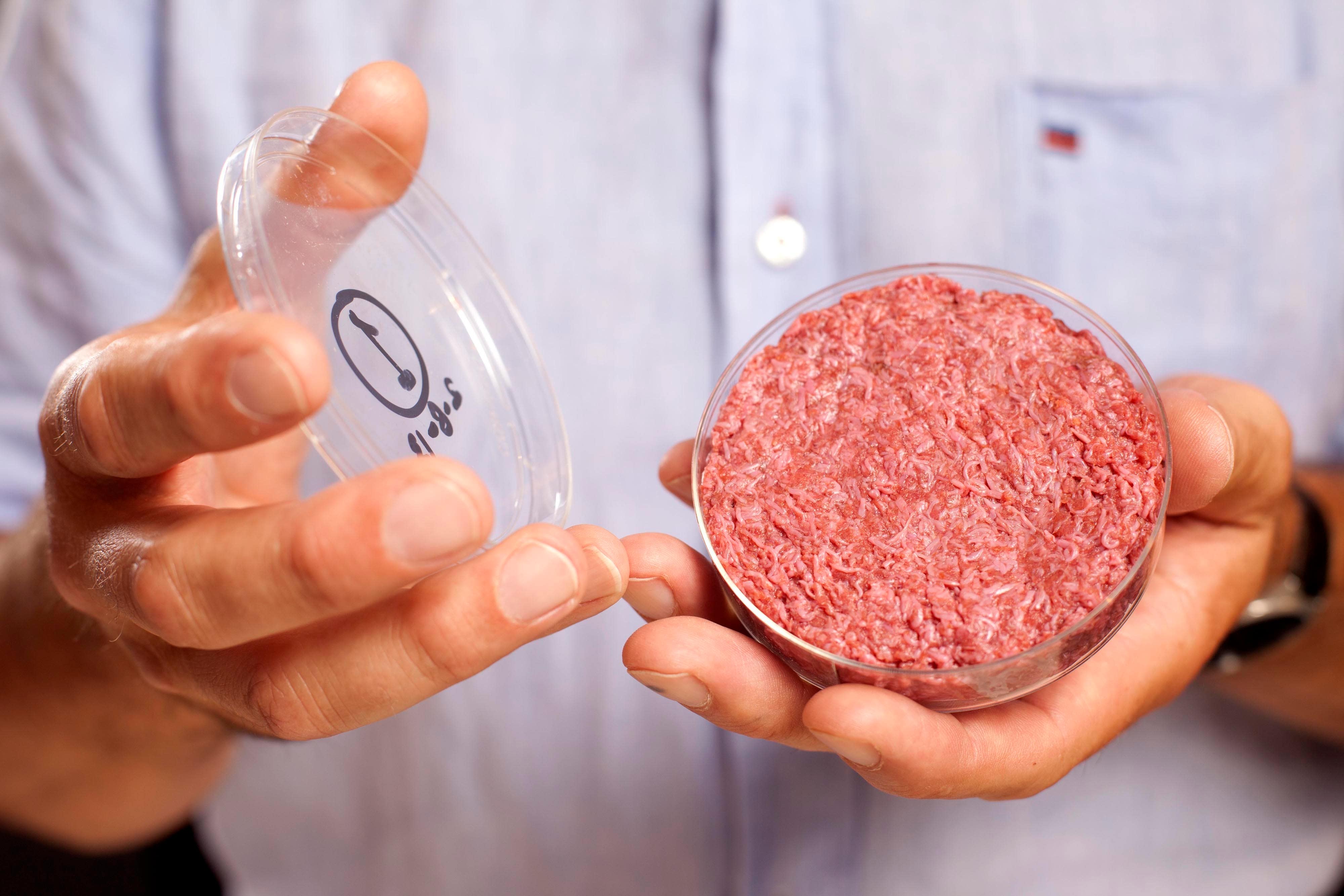Food safety watchdog to investigate cell-cultivated products
The FSA said it needed to learn ‘about these products and how they’re made, to make sure they’re safe to for consumers to eat’.

Your support helps us to tell the story
From reproductive rights to climate change to Big Tech, The Independent is on the ground when the story is developing. Whether it's investigating the financials of Elon Musk's pro-Trump PAC or producing our latest documentary, 'The A Word', which shines a light on the American women fighting for reproductive rights, we know how important it is to parse out the facts from the messaging.
At such a critical moment in US history, we need reporters on the ground. Your donation allows us to keep sending journalists to speak to both sides of the story.
The Independent is trusted by Americans across the entire political spectrum. And unlike many other quality news outlets, we choose not to lock Americans out of our reporting and analysis with paywalls. We believe quality journalism should be available to everyone, paid for by those who can afford it.
Your support makes all the difference.The food safety watchdog is to run a programme designed to make sure cell-cultivated products (CCPs) are safe for consumers to eat.
The Food Standards Agency (FSA), with Food Standards Scotland, won the bid to be awarded £1.6 million in funding from the Government’s Engineering Biology Sandbox Fund (EBSF) for the two-year programme.
CCPs are new food products made without using traditional farming methods such as rearing livestock or growing plants and grains.
With the use of science and technology, cells from plants or animals are grown in a controlled environment to make the new product.
There are currently no CCPs approved for human consumption in the UK.
The CCP sandbox programme will enable safe innovation and allow us to keep pace with new technologies being used by the food industry to ultimately provide consumers with a wider choice of safe foods
Announcing the funding, the FSA said it needed to learn “about these products and how they’re made, to make sure they’re safe to for consumers to eat”.
“The sandbox programme will allow us to recruit a new team to work across the FSA and FSS. They will gather rigorous scientific evidence on CCPs and the technology used to make them.
“This information will enable us to make well-informed and more timely science and evidence-based recommendations about product safety and address questions that must be answered before any CCPs can enter the market.
“It will also allow us to better guide companies on how to make products in a safe way and how to demonstrate this to us.”
Professor Robin May, chief scientific advisor at the FSA, said: “Ensuring consumers can trust the safety of new foods is one of our most crucial responsibilities.
“The CCP sandbox programme will enable safe innovation and allow us to keep pace with new technologies being used by the food industry to ultimately provide consumers with a wider choice of safe foods.”